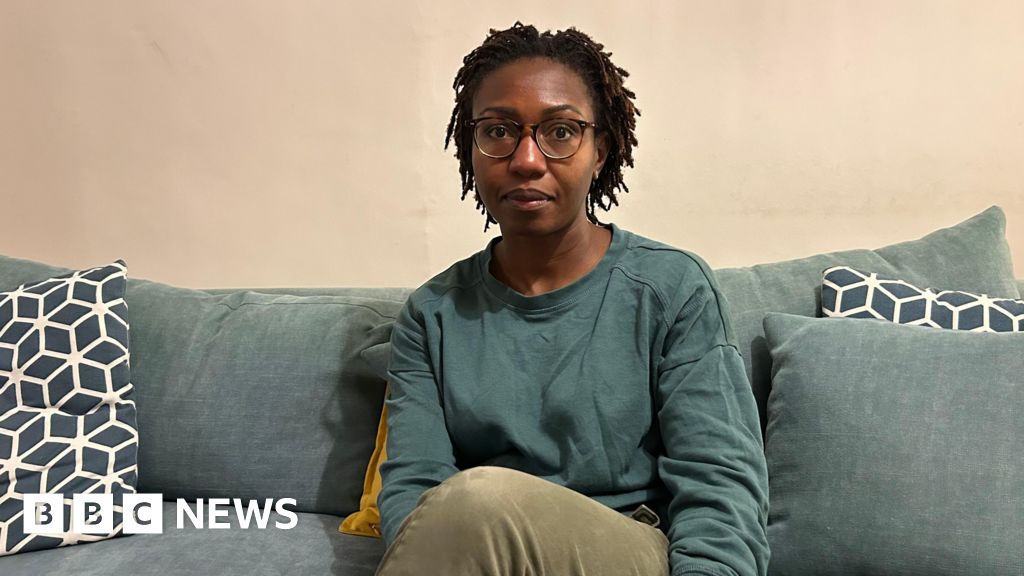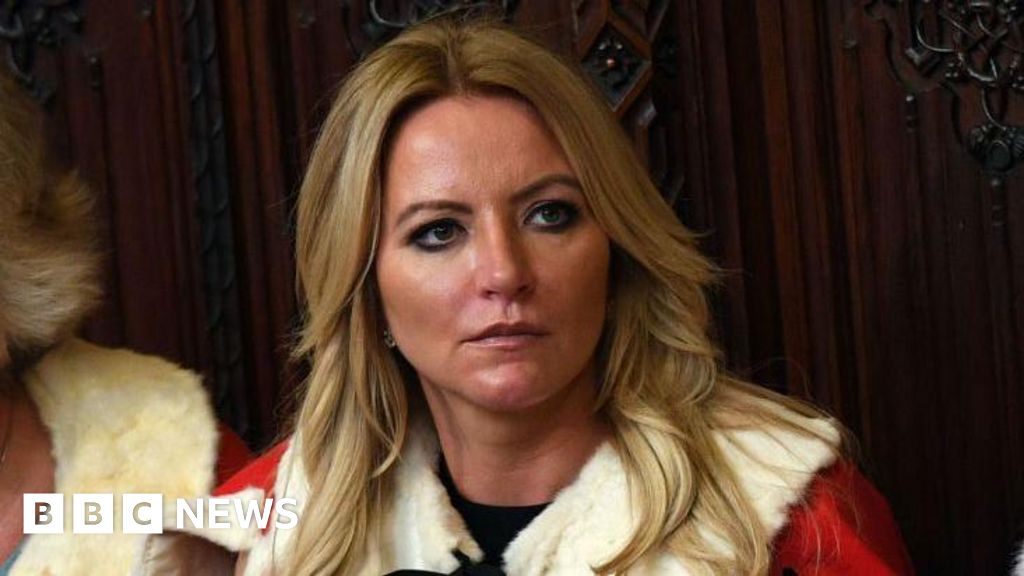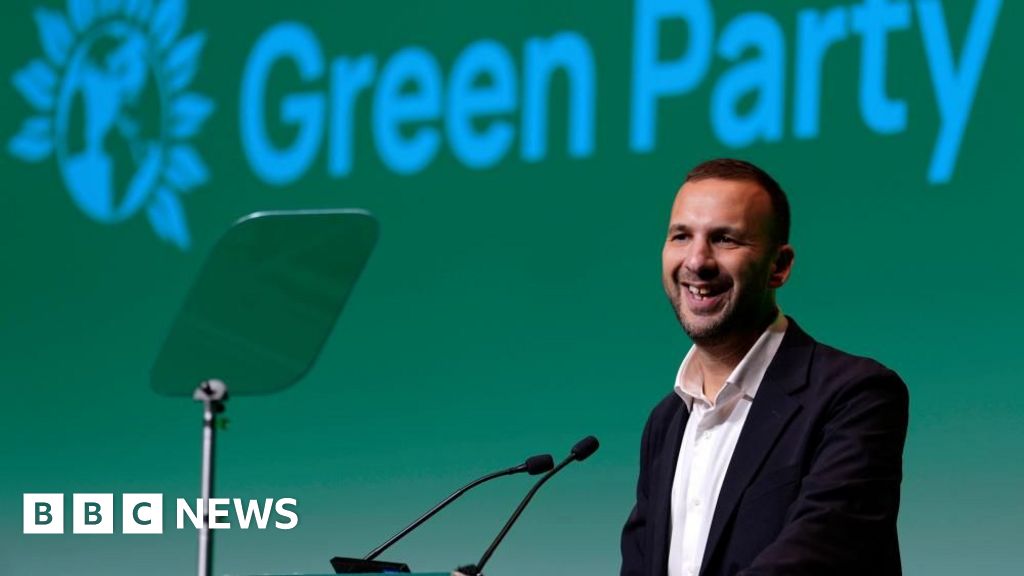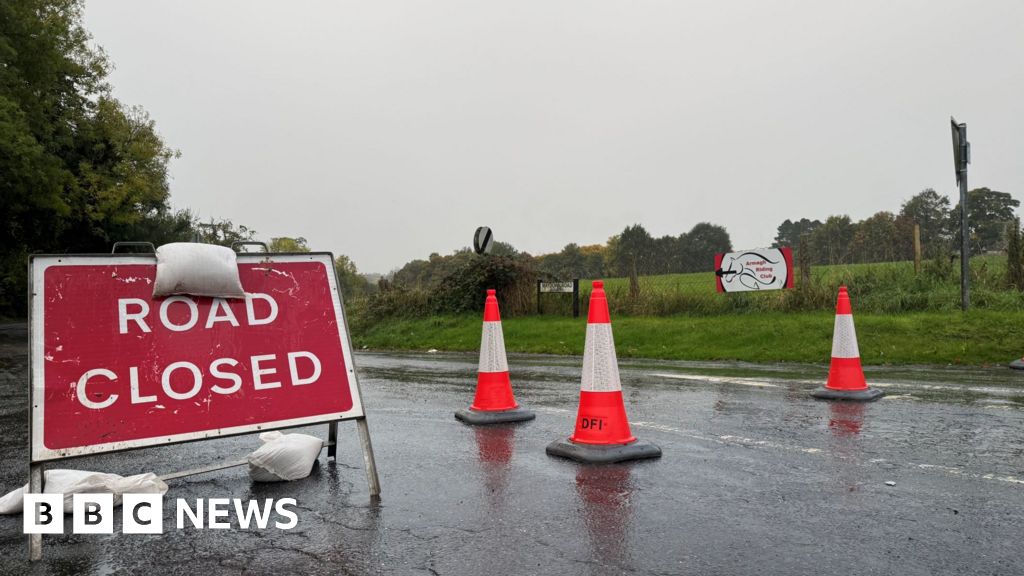Auto Amazon Links: No products found. Blocked by captcha.
Mums in England experience a significant decline in earnings after having children, with new data from the Office for National Statistics (ONS) revealing that five years after having their first child, mothers’ earnings decrease by an average of £1,051 per month compared to their salary one year prior to childbirth. The impact continues after subsequent children, with mothers earning £313 less per month, five years after the birth of their second child, and £689 less after their third child. CEO of campaign group Pregnant Then Screwed, Rachel Grocott, describes these findings as “completely abhorrent” and emphasizes that the motherhood penalty is not only unfair but also avoidable.
According to the ONS’s initial dataset on the subject, which spans from April 2014 to December 2022, mothers face the most significant earnings loss in the first year following their children’s birth when compared to fathers. They are more likely to take extended parental leave during this period. The total loss in earnings over five years after a child’s birth is staggering: £65,618 for a first child, £26,317 for a second child, and £32,456 for a third child. Femilola Miller, a mother of three from London, shares her story of experiencing a drastic difference in earnings compared to her husband after having children, highlighting the deep-rooted issues of the motherhood penalty in society.
The gender pay gap in the UK, while gradually decreasing, remains significant, with women working full-time earning 7% less than their male counterparts. Joeli Brearley, the founder of Pregnant Then Screwed, characterizes the motherhood penalty as a blend of bias, outdated legislation, and cultural norms. This penalty is the primary driver of the gender pay gap and is influenced by various factors, such as unaffordable childcare costs, imbalanced parental leave policies, lack of flexible job opportunities, and pregnancy discrimination. The government has taken steps to address some of these issues, including providing funded childcare for working parents and reviewing parental leave policies.
Evie, a 33-year-old mother from Newcastle, expresses feeling as though her career has been put on hold until her daughter starts school. Emma Potts, a small business manager in Stoke-on-Trent, highlights the challenges that small businesses face in accommodating flexible working arrangements for parents. Katie Guild, co-founder of Nugget Savings, emphasizes the importance of parents understanding their rights and entitlements to navigate the financial impact of having children. The stories and statistics paint a vivid picture of the motherhood penalty’s profound and lasting impact on women in the workforce
Read the full article from The BBC here: Read More
Auto Amazon Links: No products found. Blocked by captcha.










